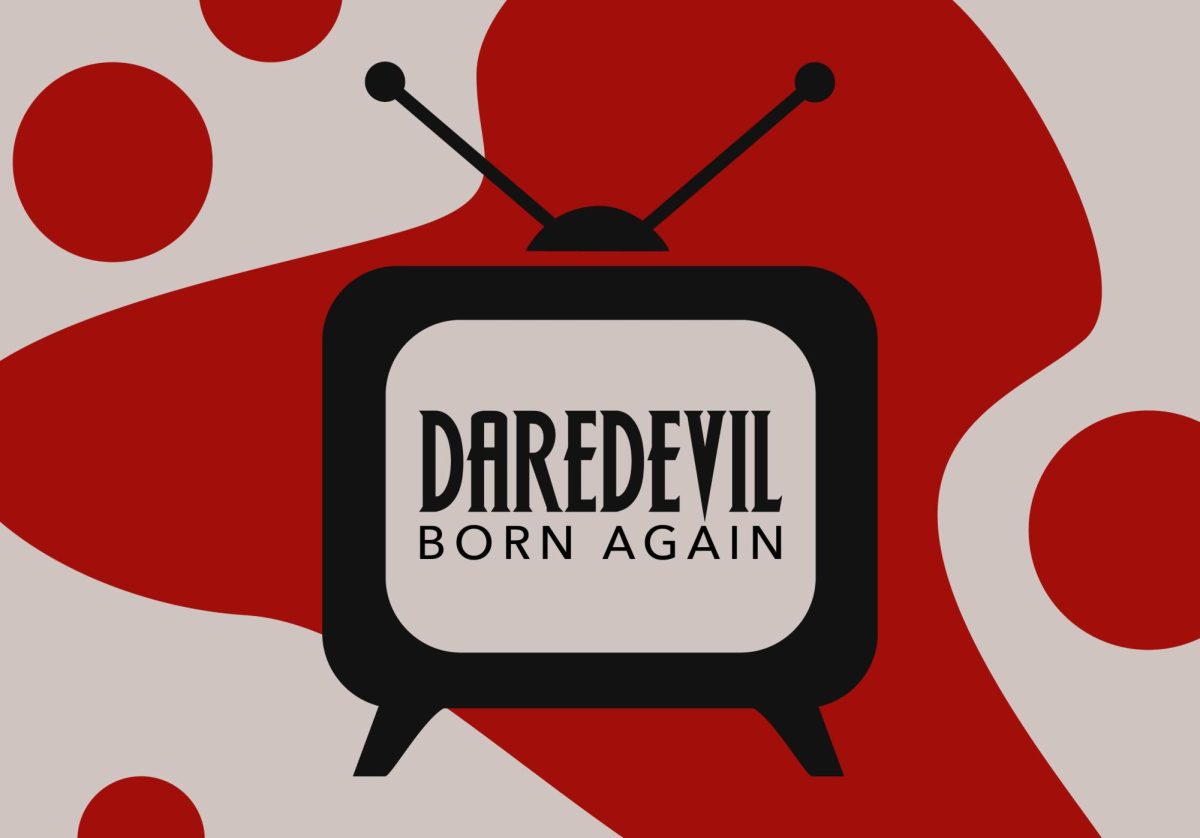Chuck Klosterman is soaking wet from the downpour outside, his jeans and white T-shirt (which has “Fictional Character” emblazoned across the chest in blue letters) stick to his skin. The 34-year-old author and chronicler of celebrity culture always moves a mile a minute, his mouth and hands in constant motion. But right now, his mind seems to be blown by his sudden turn to semi-celebrity.
“It’s weird,” Klosterman said after signing a copy of his latest book for a clerk at the Coffman Union bookstore. “It would be one thing if it slowly, over time, changed, but it’s like all of a sudden I’ve got people asking for my autograph. Two years ago, people didn’t care who I was.”
That was before Klosterman released “Killing Yourself to Live: 85% of a True Story.” The book, released last year, is Klosterman’s third. In the book, Klosterman travels the country on a quest for the magazine Spin – his former employer – to visit the scenes of some of rock ‘n’ roll’s most famous deaths to find out why it seems the best career move for any musician is an early death.
But after visiting the death sites of Sid Vicious, Buddy Holly and Kurt Cobain among others, Klosterman’s biggest realization in the book seems to be the tortured nature of his own love life. While the book is peppered with insights on music and the popular culture that grows around it, a majority of the book deals with Klosterman’s anxieties over three former/current loves (it’s complicated).
There are about 50 people here at Coffman Union on this Friday night to listen to Klosterman read and answer questions at the latest stop on his national book tour. There will be at least twice as many at the 7th Street Entry the following evening to listen to Klosterman read, with local rocker Mark Mallman playing between passages.
All this for a magazine writer?
“It’s like, now if I don’t tip a waitress well, it’s gonna end up on my Wikipedia page,” Klosterman said, unable to fathom why people suddenly care about his life.
It’s understandable why Klosterman has such a devoted following. Aside from his encyclopedic knowledge of the past 40 years of American popular culture, the North Dakota native has a quick wit and an easy, conversational writing style that allows readers to breeze through his books.
“If there’s a style to my writing, it’s like, no style,” he said. “People feel like I’m there, talking to them.”
As with his books, Klosterman in person is teeming with observations on pop culture. “My primary concern is always, What does this mean?”
Well, what does this mean?
“The bar for celebrity has really gone down,” he said, referring to such phenomena as reality TV and Paris Hilton
“It’s like people feel obligated to keep her famous,” Klosterman said. Fame used to require talent, but suddenly talentless people are making it big, and it’s got everybody thinking, “I could be famous too,” he said.
But Klosterman views the unlikely success of Christina Aguilera as a good sign for America. “I mean, think about it, at first it seemed like she was always going to be playing second fiddle to Britney (Spears). But now look at Britney. She’s like an accelerated version of Michael Jackson. This is a situation where talent will win out in the long run.”
Klosterman also was eager to share his observations on our little Midwestern enclave. He noted that one of the strangest facts about the Twin Cities is that it seems all music critics who don’t come from New York come from here, of all places.
“Minneapolis’ relationship to its local music is very interesting,” he said, suggesting the vibrancy of the local music scene and the devotion of its followers could have something to do with the high quotient of music critics from the area.
Of course, it might just come down to the fact that we live in a cooler area of the country than most people do. “In Minneapolis, hipsters are like involved in all the community planning. It’s not like that in other cities.”
Still, being a rock critic isn’t quite the serious business it used to be, not when, according to Klosterman, rock music no longer holds the place in society it once did.
“Forty years ago, if you said you listened to rock, it meant something,” but now that parents and kids are listening to the same thing, “it doesn’t mean anything anymore. I love rock music, but it’s less important than it used to be.”
Still, Klosterman doesn’t let that upset him. “I’m sure that somewhere in this town, there’s a group of old men sitting around all upset that jazz isn’t big anymore, and that there’s only one jazz station in each town. The culture just moves on.”







